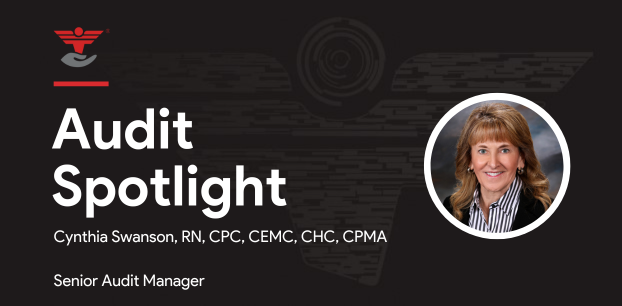
IV Acetaminophen Was Not Administered– Why Did It Show Up on the Billed Charges?
Background
ClaimDOC’s comprehensive line-by-line review of claims uncovers errors that basic claim repricing and auto-adjudication does not catch, leading to greater savings for health plans and its plan members. Our audit team analyzes all types of healthcare claims for a variety of potential concerns including excessive usual and customary charges, duplication of claims, incorrect coding, unbundling of services and numerous others. Our claims review is not intended to impact care decisions or medical practice.
In this Claims Audit Spotlight, we focus on not only egregious charges billed by the hospital for Intravenous (IV) Acetaminophen, but the medication was also not supported as ordered by a practitioner and administered to the patient based on medical record documentation.
Case Scenario
A hospital located in Ohio billed for outpatient hospital services provided to a child having the primary diagnosis of esotropia, a form of strabismus in which one or both eyes turn inward. Corrective surgery was performed on the child’s right eye.
The UB-04 claim/electronic equivalent, included a line item for Revenue Code 637, HCPCS code A9270-GY, quantity units of “330” and corresponding charges of $29,609.58.
Based on analysis of the hospital itemized bill (IB), Acetaminophen 100mg/10 mL syringe was billed with quantity units of “330” and charges of $29,609.58.
ClaimDOC auditor’s analysis of the hospital claim raised questions noting the egregious charge for the medication of IV Acetaminophen and if that amount of IV Acetaminophen billed (totaling 33,000 mg for a one day stay) was given to the child. Patient medical records were requested to verify the claim information reported/billed.
Upon review of the patient’s medical records received, it was determined there was no practitioner order for this IV medication and the patient was not given any IV Acetaminophen, as reported and billed on the hospital claim.
Total Billed Charges for Hospital Outpatient Services was $44,064.49
ClaimDOC pricing – $3,932.15 based on Medicare’s APC 05504 with markup
Plan Savings: $40,132.34
Percentage of Savings: 91%
The Takeaway
Claim auditing is vital and effective. Coding and billing errors occur due to the quantity and complexity of information and specific details (“numbers”) needing to be keyed/entered on health insurance claims.
We routinely identify numerous errors of improper reporting of quantity units, unbundling of services, misuse of modifiers, incorrect use of add-on codes, improper assignment of Covid-19 diagnosis, invalid diagnosis(es) on claims, incorrect bill type, improper billing of professional services on hospital claims and the list goes on.
The improper reporting of services, coding/billing errors and egregious charges can complicate matters for members to understand their healthcare bills and payments, impact the collection of patient balances, build a reputation of providers charging high fees, create burdens for patients having no insurance and a host of others.
When an individual receives a bill for healthcare services appearing questionable/inappropriate, an inquiry to the provider and/or health plan should be made to obtain an explanation of the service(s), corresponding charges, and reimbursement.
Our goal at ClaimDOC is to use benchmark charges and costs nationally to negotiate fair and ethical payments. Our high-quality and expert review of claims identifies and prevents improper medical claim payments and maximizes long-term cost savings opportunities. Employers turn to us to establish fair reimbursement rates for their plans allowing them to save money and provide richer benefits to their employees. A win-win for everyone.